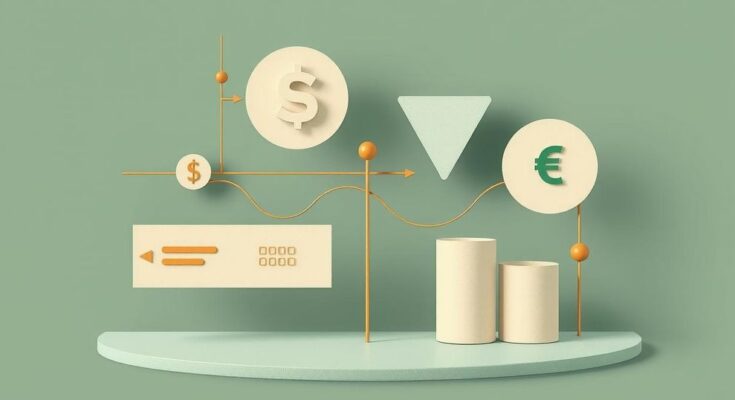Finance Minister Enoch Godongwana proposed a VAT increase raising it from 15% to 16% by 2026, sparking backlash from opposition leaders like Julius Malema and John Hlophe. They argue it disproportionately affects the poor. Alternatives suggested include cutting government spending. The ANC defended the budget as addressing citizens’ needs, while broader concerns about budget allocations and living costs were raised by other leaders.
The revised budget presented by Finance Minister Enoch Godongwana has elicited dissatisfaction from opposition parties and members of the Government of National Unity (GNU). This dissatisfaction centers around Godongwana’s proposal to increase the value-added tax (VAT) by 0.5 percentage points this year and again next year, raising the VAT rate from 15 percent to 16 percent by 2026.
Political leaders have swiftly criticized the proposed VAT increase. Julius Malema, leader of the Economic Freedom Fighters, firmly stated that any VAT increase is unacceptable. He advocated for taxing the wealthy to fund social services, stating, “Let’s tax the rich, let the corporate tax be increased.”
John Hlophe, leader of the uMkhonto weSizwe party, declared that any increase in VAT would be disastrous, particularly noting the adverse impact on Black citizens. His party has even threatened nationwide protests should the VAT increase move forward, illustrated by hundreds of members marching in Pretoria against the proposal.
Analysts had anticipated some VAT increase, but not as significant as the suggested two percent. Godongwana explained that the economic downturn, reflected in a mere 0.6 percent GDP growth last year, warranted such tax increases to sustain vital social programs and infrastructure projects. He projected improved economic performance for this year and by 2026.
Godongwana estimated that the 0.5 percent VAT increase would yield 28 billion rand ($1.5 billion) for government expenditure, citing the necessity of hiring skilled workers and funding essential programs. In contrast, opposition parties have proposed alternative strategies to lower government spending by reducing bailouts and freezing management hires.
Mmusi Maimane characterized the budget as one that “double taxes people for years of corruption,” signaling his discontent. John Steenhuisen from the Democratic Alliance expressed concerns regarding past policies that hinder foreign investment.
Gwede Mantashe, ANC chairperson, criticized the DA for politicizing the budget, asserting that it meets the genuine needs of the populace. Meanwhile, Songezo Zibi from Rise Mzansi emphasized that the discussion on the budget should extend beyond VAT to encompass all inflationary pressures impacting citizens, advocating for government investment aimed at reducing living costs.
The proposed VAT increase by Finance Minister Enoch Godongwana has sparked considerable opposition within South Africa’s political landscape. While the government defends the necessity of the tax to maintain socio-economic programs, prominent leaders have voiced concerns regarding its potential detrimental effects, particularly on disadvantaged communities. The dialogue surrounding the budget highlights urgent calls for a more comprehensive approach to fiscal policy and governance that prioritizes the welfare of all citizens.
Original Source: www.okayafrica.com




